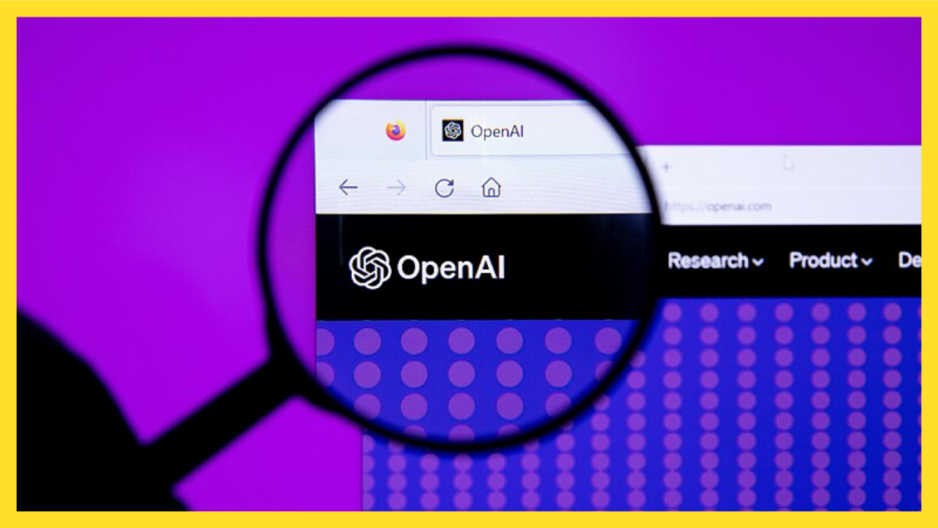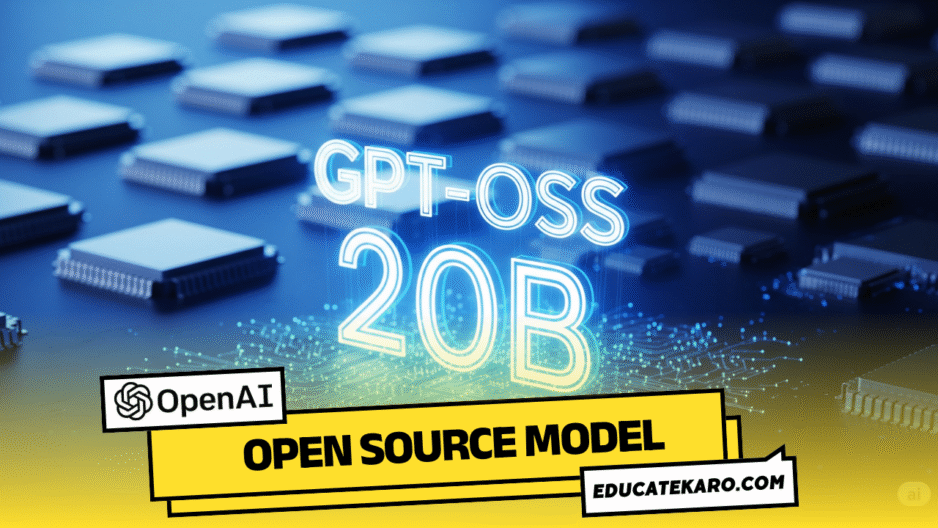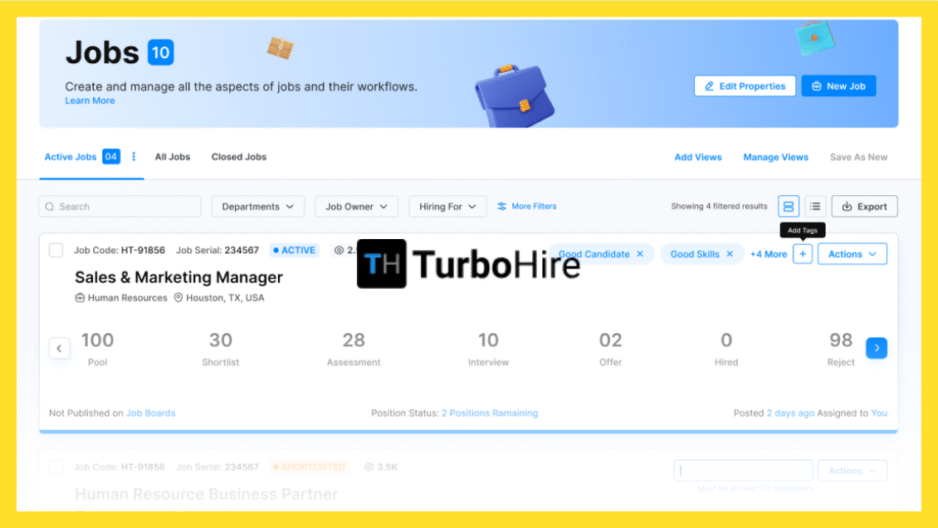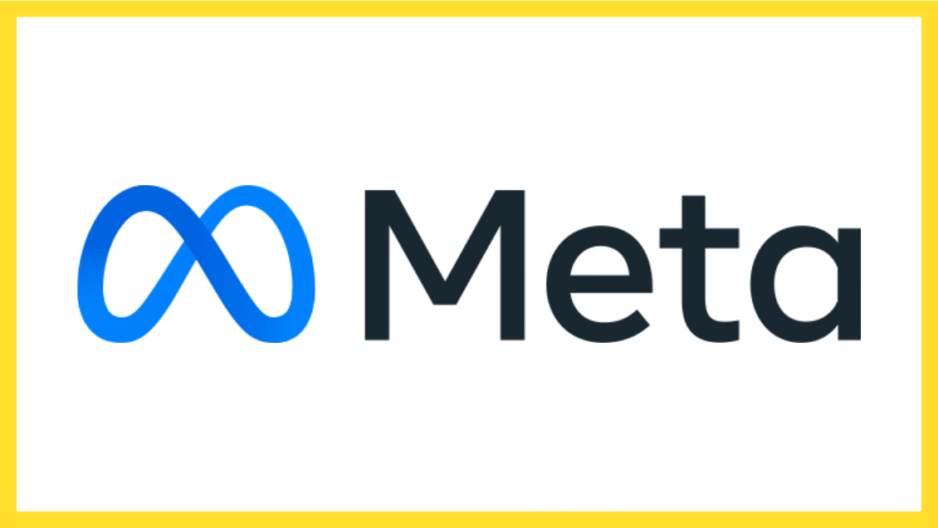Apple has announced a significant increase in its investment commitment to the United States, raising its total planned spending to $600 billion over the next four years. This announcement, made in collaboration with President Donald Trump, highlights Apple’s dedication to strengthening its American manufacturing and innovation footprint. Originally, Apple had pledged $500 billion earlier this year, but with the new $100 billion boost, the company aims to expand its advanced manufacturing capabilities and supply chain within the US.
A major part of this investment is focused on advanced manufacturing and emerging technologies. Apple plans to open a new state-of-the-art factory in Houston, Texas, dedicated to producing AI servers that power its cutting-edge Apple Intelligence system. The company is also doubling its U.S. Advanced Manufacturing Fund from $5 billion to $10 billion to support skilled manufacturing jobs and innovation. Additionally, Apple is collaborating with key American companies such as Corning, Texas Instruments, and Broadcom to expand domestic production of critical components like glass for iPhones and lasers for facial recognition technology.
This investment also aligns with governmental policies aimed at encouraging domestic manufacturing, particularly in response to potential tariffs on imported semiconductors and other components. Apple’s CEO Tim Cook noted that many parts of their products, including semiconductors and glass, are already made in the US, and the company’s goal is to increase this further. An expansion of research and development activities is included, focusing on silicon engineering and AI.
Apple’s increased commitment is expected to create thousands of high-tech jobs across the country, foster innovation, and solidify its position as one of the largest contributors to U.S. economic growth in the technology sector. The move has been positively received by investors and industry watchers as a strategic step towards reinforcing Apple’s manufacturing base domestically while reinforcing American technological leadership.










